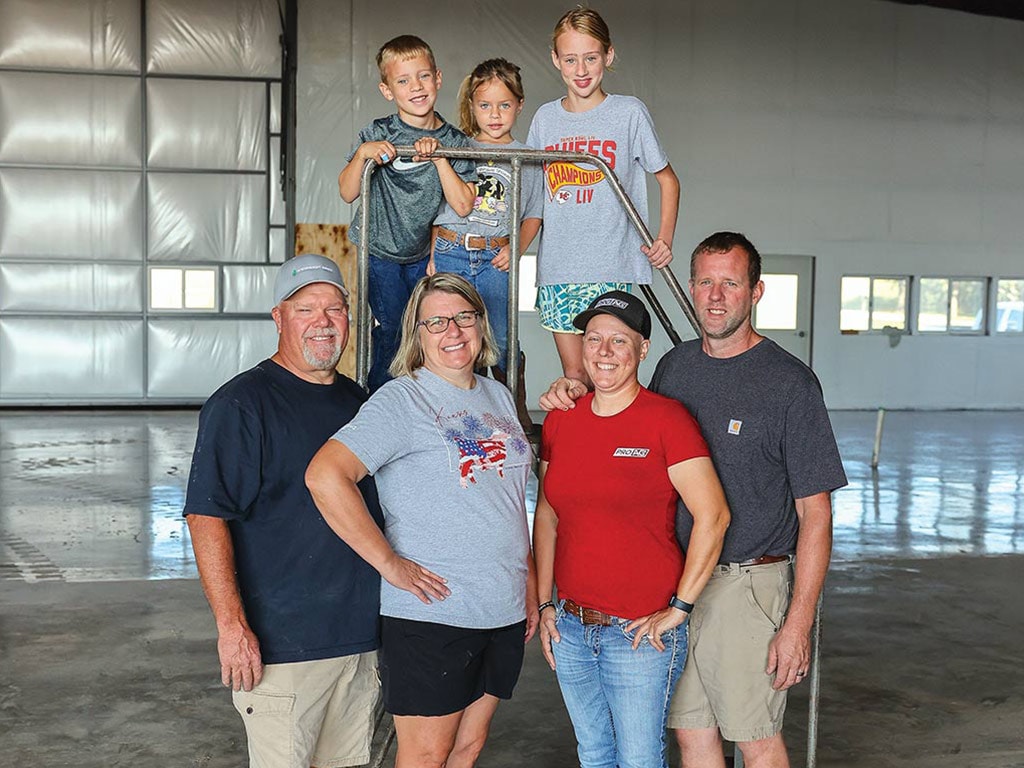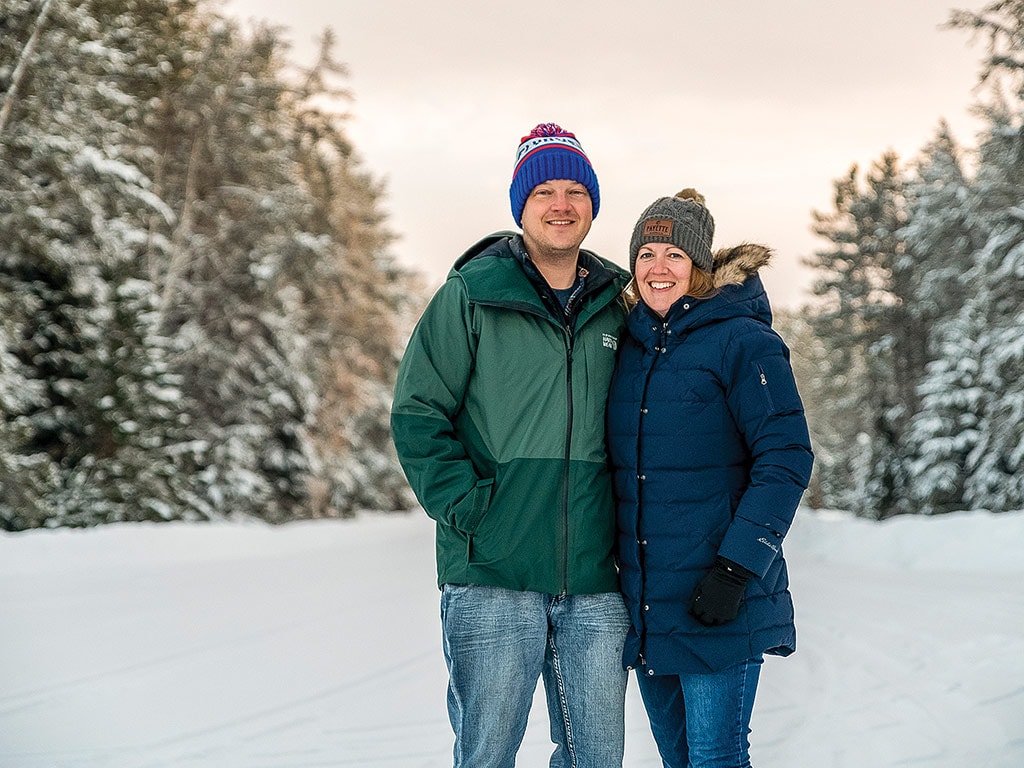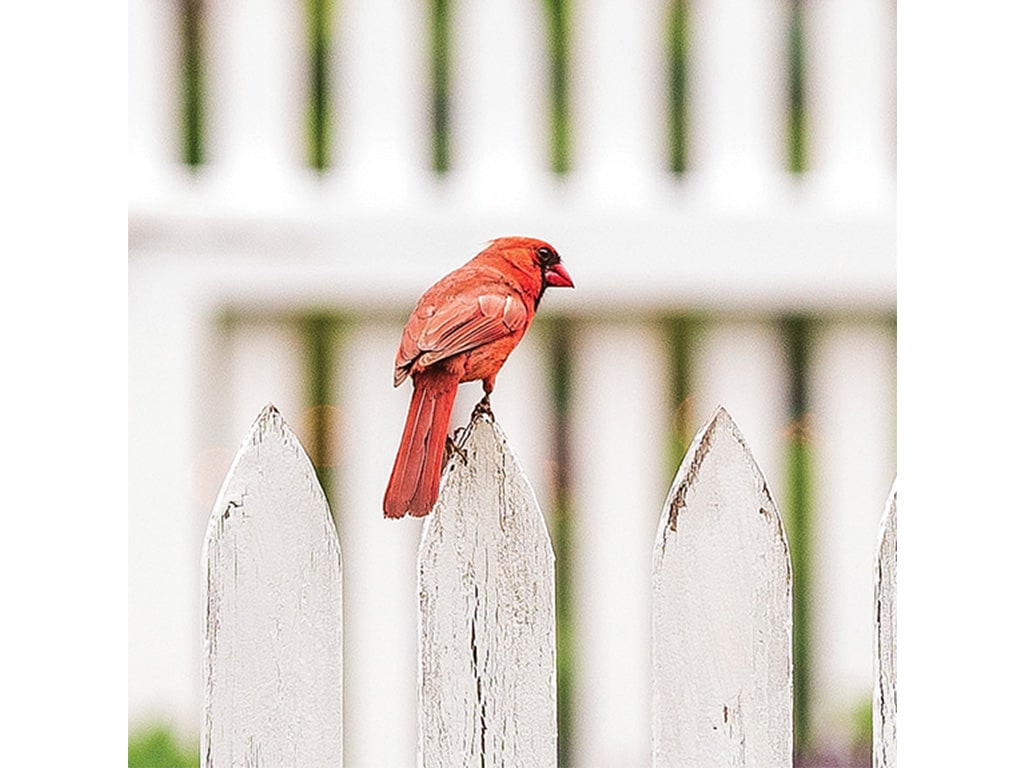Agriculture February 01, 2024
Mental Strength
.
Developing it in the hardest chapter of my life.
I learned what real mental strength was after my boyfriend unexpectedly died from suicide.
We had just celebrated the holidays and were preparing to spend the rest of our lives together. I never could have guessed that would mean only days, not decades. He got an infection that spread and inexplicably took him out of his right mind. He was gone before we knew what was happening.
I crumbled. The future I had envisioned vanished. I was not equipped to handle traumatic, out-of-order grief.
The culture I grew up in—rural, Midwestern, and Christian—did not talk about grief and loss like we did other life lessons. Yet, loss happens to us all, and traumatic loss will happen to more of you than you think. Also, grief doesn't only accompany the death of loved ones. Grief can be triggered from what could have been, or losing things of great importance (e.g., selling the farm, retiring, or a debilitating accident).
This issue is about respecting and strengthening our brains and minds. In the long minutes, days, and now months I've traveled this unwanted path, I have learned a lot about what that means and am sharing a few things I wish I had learned long ago to hopefully help you when you or a loved one experience loss and grief.
Above. My boyfriend Joel Kantola and I took our last photo together on New Year's Eve 2021, hours after his fever first spiked. I feel his presence through cardinal sightings (believed to be a visit from a loved one's spirit) and many other signs.
Listen to your gut. In those early days, I learned being mentally strong really means being immensely vulnerable.
As I emerged from the initial shock, I thought I had five steps to check off a list. Then my therapist said it could be six months before I might function close to normal again; I almost fell off my chair in disbelief. But she was right. Six months turned out to be both a very long time and no time at all. Grief impacts everything; it takes a lot of work to learn to carry it. Grief cannot be just "fixed."
Early grief and grief left unnurtured can feel heavier than any weight in the world. I needed help doing everything, from remembering to eat to meeting magazine due dates. As a "strong, independent person," it is hard to speak up and ask for so much.
I am learning to give myself more grace and refrain from being my own worst critic. One day's best efforts can no longer be compared to another's, and I must really listen to my internal cues about my new limits and priorities. A hard reality of this is learning some would adapt with me and others would turn away.
My emotions became unwieldy, and quality sleep disappeared. I had to learn my body was sending such strong signals to help me navigate the rough waves. I need to let the tears out as soon as they well up, along with every other feeling that comes along. Storing them for later will not make my heart hurt any less. Instead of thinking something is wrong with me, I had to learn my new panic attacks and exhausting dreams were basic, internal mechanisms designed to keep me safe and help me cope. I had to develop more coping skills.
A mantra I use as a downhill ski instructor has become my lifeblood: one turn at a time. To get to the next turn—or moment—I am learning to accept anything that gives me comfort and disregard what does not.
No platitude like "everything happens for a reason," "he's in a better place," or "focus on the good still in your life" can move me along this path any faster. But noticing a timely serenade from a cardinal, keeping my dog by my side, or someone acknowledging my grief and triggers and sitting in the heaviness with me—rather than trying to fix it—helps.
More than anything else, what has helped me stand back up is connection. Deep loss leaves you feeling alone and often makes me feel like I am free-falling. When others remind me I am not alone and when I do things that highlight my connections, I feel strong enough to keep moving forward and make that next turn.
I hope sharing this helps many of you feel less alone in your life's struggles. Resources I've found useful are listed in the online version of this story at deere.com/thefurrow.
Most importantly, though, know there is no wrong way to grieve. ‡
Grief and loss resources.
The following are resources I have found useful for understanding grief and its impacts.
"The 5 Stages of Grief and Other Lies That Don't Help Anyone" HuffPost blog by Megan Devine
"How to Help a Grieving Friend: 11 Things to Do When You're Not Sure What to Do" by Megan Devine
Option B: Facing Adversity, Building Resilience, and Finding Joy by Sheryl Sandberg and Adam Grant
All There Is with Anderson Cooper podcast produced by CNN Audio
A Grief Observed by C. S. Lewis
Tear Soup: A Recipe for Healing After Loss by Pat Schwiebert and Chuck DeKlyen
The Body Keeps the Score: Brain, Mind, and Body in the Healing of Trauma by Bessel van der Kolk
The Wilderness of Suicide Grief: Finding Your Way by Alan D. Wolfelt
Read More

AGRICULTURE, FARM OPERATION
Lasting Legacy
How to pass the farm down to non-family members.




